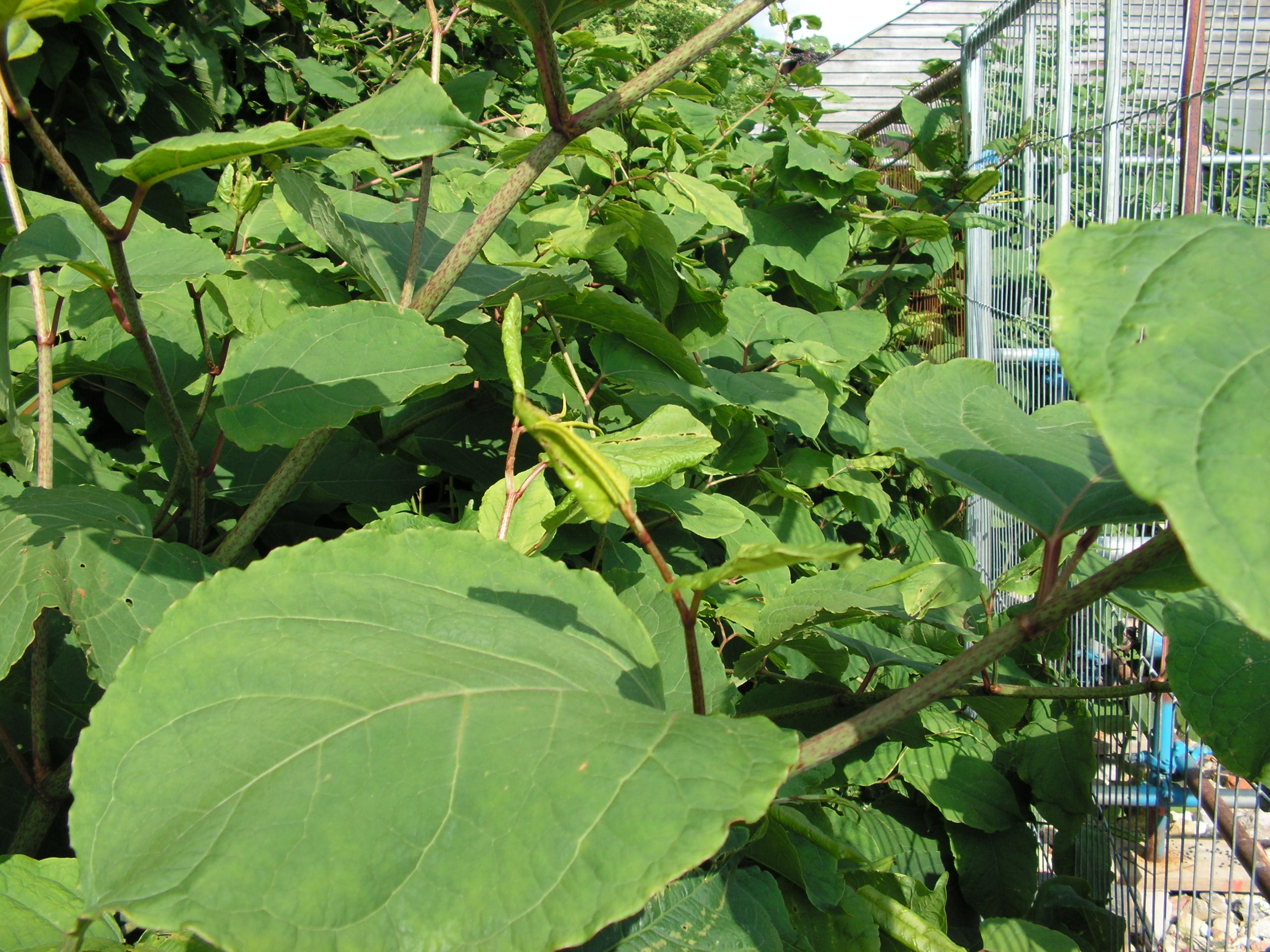Ben Lindley, Company Director at Japanese Knotweed Ltd.
Last reviewed on .
Putting Japanese knotweed in your green bin could cost you £thousands
Springtime is a key calendar event for most gardeners. But put the wrong items in your green bin and you could be *fined (see our notes on knotweed below). This article provides some guidelines to help you avoid that.
It can be easy to assume that council garden waste collections include all plant material but rules are often in place – and for very good reasons, especially when it comes to invasive plants such as knotweed, Ragwort and Himalayan balsam. Usually, these rules are there to protect the environment or prevent harm coming to waste workers, so it’s important they are adhered to.
Council regulations around green bin management tend to vary, so it’s best to lookup your local council’s website for their list of do’s and don’ts for green bins.
Below we’ve listed some general guidance:
DO NOT put in your green bin:
- Invasive plants such as Japanese knotweed or Himalayan balsam.
- Diseased plant materials/waste.
- Soil. (This includes compost and soil on plant roots, which must all be removed.)
- Cardboard or paper.
- Dog and cat waste.
- Food waste. (This includes fruit and vegetable peelings or eggshells.)
- Household waste or recyclables.
- Plastic.
DO put in your green bin:
- Grass cuttings.
- Leaves.
- Hedge trimmings.
- Twigs and branches.
- Non-invasive weeds.
- Pet bedding waste.
GOVERNMENT LEGISLATION FOR KNOTWEED WASTE
Are you using your green bin correctly?
The Government website has guidance called “Prevent Japanese knotweed from spreading“. It states:
“You must dispose of Japanese knotweed waste off-site by transferring it to a disposal facility that’s permitted, e.g. a landfill site that has the right environmental permit.”
“You must prevent Japanese knotweed on your land from spreading into the wild and causing a nuisance.
*You could be fined up to £5,000 or be sent to prison for up to 2 years if you allow contaminated soil or plant material from any waste you transfer to spread into the wild.”
This means if you cut back knotweed or dig it up and take it to your local waste and recycling centre that does not have the right environmental permit, you could be fined or sent to prison.
The Government website continues to state:
“You must not:
- dispose of Japanese knotweed with other surplus soil
- sell soil contaminated with Japanese knotweed as topsoil
You can only reuse knotweed-contaminated soils after treatment, on the site where they were produced.”
If you have Japanese knotweed on your property come to us for expert advice and removal services.


